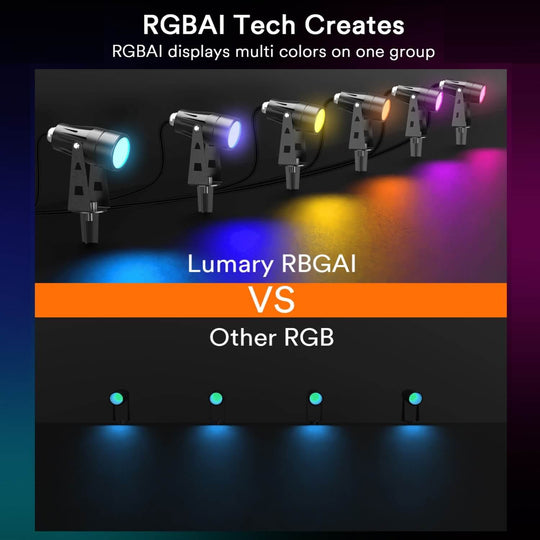Illuminate Your Outdoor Space with Low Voltage Landscape Lighting
Cuerpo
Transforming your outdoor space into a captivating, well-lit haven is easier than you might think. By opting for low voltage landscape lighting, you can create an enchanting atmosphere while ensuring safety and energy efficiency. This article delves into the nuances of low voltage landscape lighting, providing you with insights and practical tips to illuminate your outdoor space effectively.

Understanding Low Voltage Landscape Lighting
Low voltage landscape lighting operates on 12 volts, significantly lower than the standard 120 volts used in household electrical systems. This reduced voltage not only makes the installation process safer but also allows for more creative and flexible lighting designs. By using a transformer to step down the voltage, you can power a variety of lighting fixtures, from path lights to spotlights, without the risk of electrical hazards.
Benefits of Low Voltage Landscape Lighting
There are numerous advantages to choosing low voltage lighting for your outdoor space. Firstly, it is energy-efficient, consuming less electricity and reducing your utility bills. Secondly, the lower voltage minimizes the risk of electrical shock, making it a safer option for homes with children and pets. Additionally, low voltage lighting systems are highly versatile, allowing for easy adjustments and expansions as your landscaping needs evolve.
Designing Your Outdoor Lighting Plan
When designing your outdoor lighting plan, consider the key areas you want to highlight. Pathways, garden beds, and architectural features can all benefit from strategic illumination. Use a combination of different lighting fixtures to create depth and dimension. For instance, path lights can guide visitors safely along walkways, while spotlights can accentuate focal points such as statues or water features. Remember to balance functionality with aesthetics to achieve a harmonious outdoor environment.
Installation Tips for Low Voltage Landscape Lighting
Installing low voltage landscape lighting is a straightforward process that can be tackled by most DIY enthusiasts. Begin by planning your layout and selecting the appropriate fixtures. Next, install the transformer in a convenient location, ensuring it is protected from the elements. Run the low voltage cable from the transformer to each fixture, burying it slightly to prevent tripping hazards. Finally, connect the fixtures to the cable and test the system to ensure everything is working correctly.
Maintenance and Troubleshooting
Maintaining your low voltage landscape lighting system is relatively simple. Regularly check the fixtures for any signs of damage or wear, and clean the lenses to ensure optimal light output. If you encounter any issues, such as flickering lights or a complete system failure, start by inspecting the connections and the transformer. Often, a loose connection or a blown fuse can be the culprit, and these issues can be easily resolved with basic troubleshooting.
Innovative Ideas for Enhancing Your Outdoor Space
To truly elevate your outdoor space, consider incorporating some innovative lighting ideas. For example, use color-changing LED lights to create a dynamic and festive atmosphere for special occasions. Integrate smart lighting controls to adjust the brightness and color temperature remotely, adding convenience and customization to your setup. Additionally, solar-powered low voltage lights can provide an eco-friendly alternative, harnessing the power of the sun to illuminate your landscape.
In conclusion, low voltage landscape lighting offers a versatile, safe, and energy-efficient solution for enhancing your outdoor space. By understanding the benefits, designing a thoughtful lighting plan, and following proper installation and maintenance practices, you can create a stunning and inviting environment that will be the envy of your neighborhood. Illuminate your outdoor space with low voltage landscape lighting and enjoy the beauty and functionality it brings to your home.









Comentarios